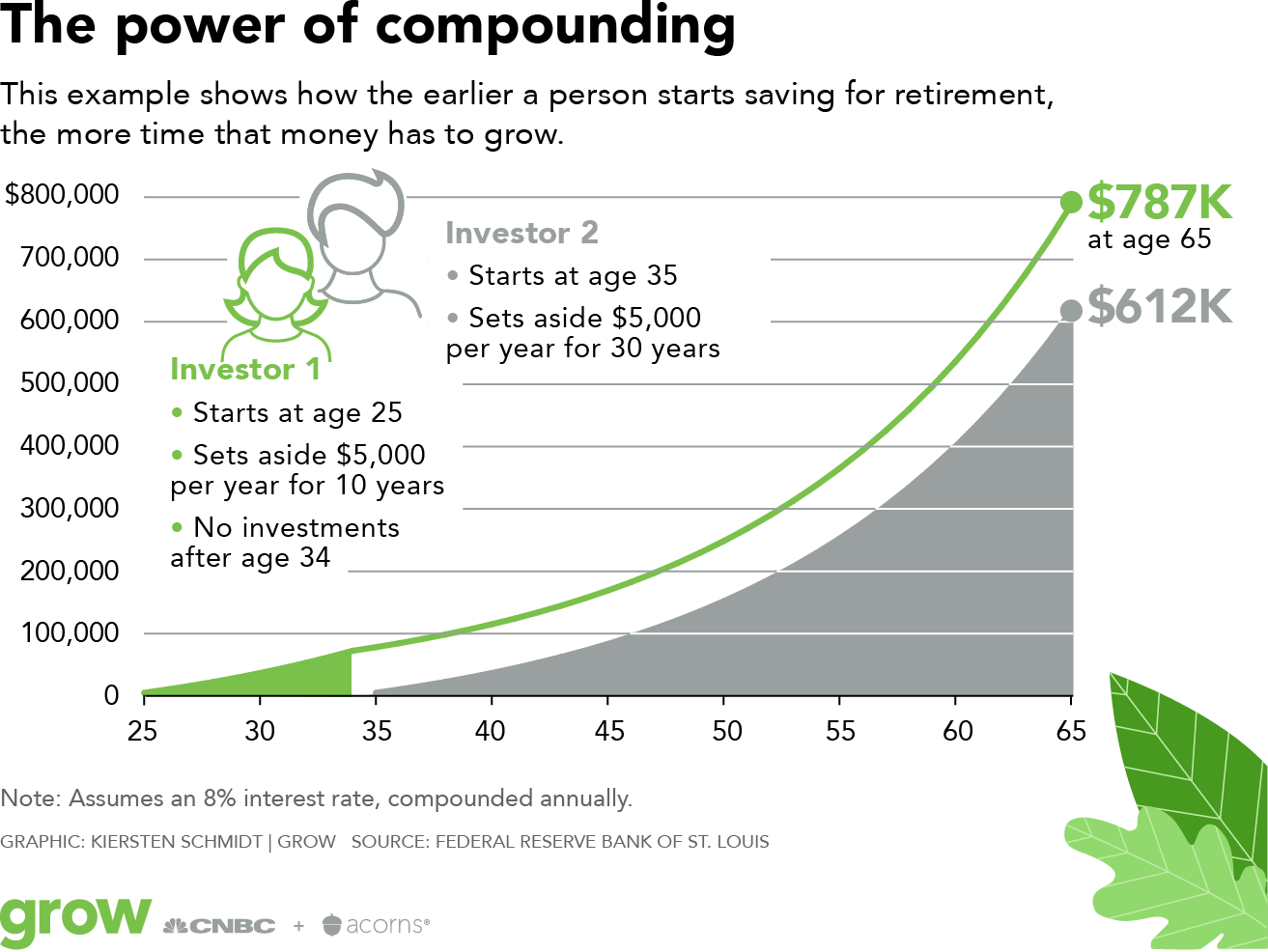If the idea of buying the stock market frightens you, you are not alone. People with extremely limited experience in stock investing are either terrified by scary stories of the typical financier losing 50% of their portfolio valuefor example, in the two bearish market that have currently taken place in this millennium or are beguiled by "hot pointers" that bear the promise of huge benefits however rarely settle.
The truth is that investing in the stock exchange brings threat, however when approached in a disciplined manner, it is among the most efficient ways to build up one's net worth. While the worth of one's home normally represents the majority of the net worth of the average individual, the majority of the affluent and extremely abundant usually have the majority of their wealth invested in stocks.
Secret Takeaways Stocks, or shares of a business, represent ownership equity in the company, which give investors voting rights as well as a residual claim on business incomes in the type of capital gains and dividends. Stock markets are where private and institutional financiers come together to buy and offer shares in a public venue.

For circumstances, a specific or entity that owns 100,000 shares of a company with one million outstanding shares would have a 10% ownership stake in it. Many business have outstanding shares that run into the millions or billions. Typical and Preferred Stock While there are 2 main types of stocktypical and chosenthe term "equities" is associated with common shares, as their combined market value and trading volumes are numerous magnitudes larger than that of preferred shares.
Preferred shares are so called because they have preference over the typical shares in a company to get dividends As possessions in the event of a liquidation. Common stock can be additional classified in regards to their voting rights. While the basic facility of typical shares is that they should have equivalent ballot rightsone vote per share heldsome companies have dual https://mylesusek099.shutterfly.com/57 or several classes of stock with different voting rights attached to each class.